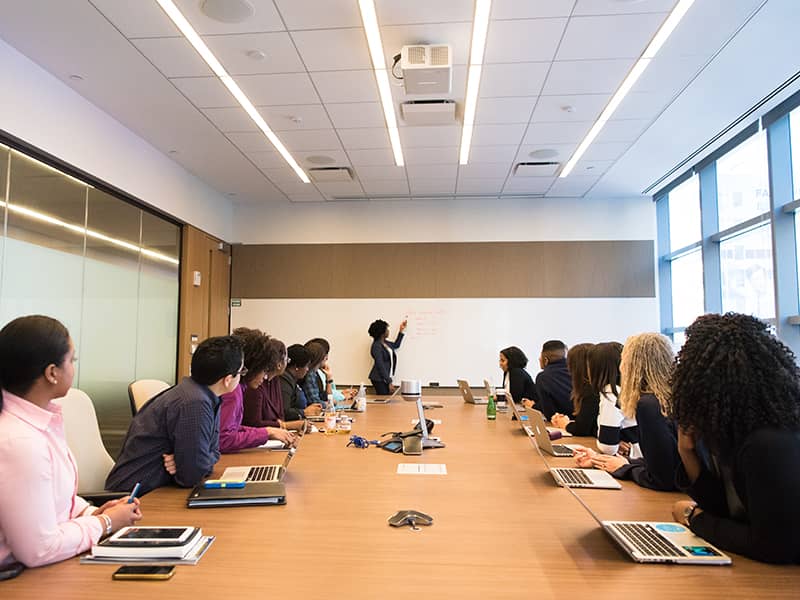
You may be eligible for workers compensation benefits if you’ve been injured on the job and cannot work. However, you may wonder how long it will take to receive these benefits and the timeline.
We’ll answer some of the most common questions about the workers compensation timeline and provide the necessary information to understand the process.
You don’t have to navigate the compensation process alone if you’ve been injured on the job. Our San Diego workers compensation lawyers can help.
Workers compensation is a form of insurance that benefits employees who are injured or become ill due to their job. These benefits often cover medical expenses, lost wages, and disability benefits. You should file for worker’ compensation immediately if you’ve been injured.
According to California law, there is a 30-day deadline for reporting the injury and a one-year deadline for filing a workers compensation claim, so it’s important to act quickly.
The amount of time it takes to receive workers compensation benefits can vary depending on a number of factors, such as the severity of your injury, the complexity of your case, and the current backlog in the workers compensation system.
It’s a good idea to get familiar with the workers compensation timeline in California so that you can plan your finances and other aspects of your life accordingly.
The timeline typically includes the following steps:
The process for workers compensation is typically handled by the insurance company that provides coverage for your employer. You must file a claim with the insurance company and provide documentation of your injury and medical treatment to get the process started and get compensation.
The time it takes to receive approval or denial on a workers compensation claim can vary depending on your case’s complexity.
In some cases, you may receive a decision within a few weeks, while in others, it could take several months. For example, a case involving a debilitating or catastrophic injury may take longer to investigate and review than one that involves a minor injury.
A denied workers compensation claim is frustrating. However, it’s not necessarily the end of the road since you have the right to appeal the decision. You may need to provide additional documentation or evidence to support your claim, and you may need to enlist the help of a workers compensation attorney to ensure you’re treated fairly.
In California, the length of time you can receive workers compensation benefits can vary depending on the severity of your injury, the extent of your disability, and other factors.
Generally, temporary disability benefits can last up to 104 weeks (two years), or up to 240 weeks (five years) for certain serious injuries. For permanent disabilities, the length of benefits can depend on the level of impairment and your age at the time of the injury. In some cases, benefits can continue for the rest of your life.
It’s important to note that workers compensation benefits in California are subject to limitations and caps and may be reduced or terminated if the injured worker returns to work or becomes able to work.
If you can return to work after your injury, you may receive partial or no benefits at all, depending on your situation. In some cases, you may be able to receive vocational rehabilitation to help you transition back into the workforce.
In most cases, you cannot sue employers for a workplace injury. Workers compensation is typically the exclusive remedy for workplace injuries, meaning you cannot file a lawsuit against your employer for damages.
The good news, however, is that you can receive workers compensation benefits regardless of who was at fault for the workplace injury, and your employer cannot legally terminate your employment or otherwise retaliate if you’ve been injured on the job.
If you’ve been injured on the job, you should first report the injury to your employer and seek medical attention if necessary. You should also file a workers compensation claim as soon as possible to ensure you receive the benefits you’re entitled to.
Understanding the workers compensation timeline and process is crucial if you’ve been injured at work. While the timeline can vary depending on a number of factors, it’s important to file your claim as soon as possible and seek the help of an experienced attorney.
An attorney can help you navigate the workers compensation claim process and ensure that you receive the benefits you’re entitled to. We can also provide legal advice and represent you in court if necessary.
Contact us today at DP Injury Lawyers, and we’ll review your workers compensation case to ensure you’re treated fairly and get the compensation you’re entitled to.